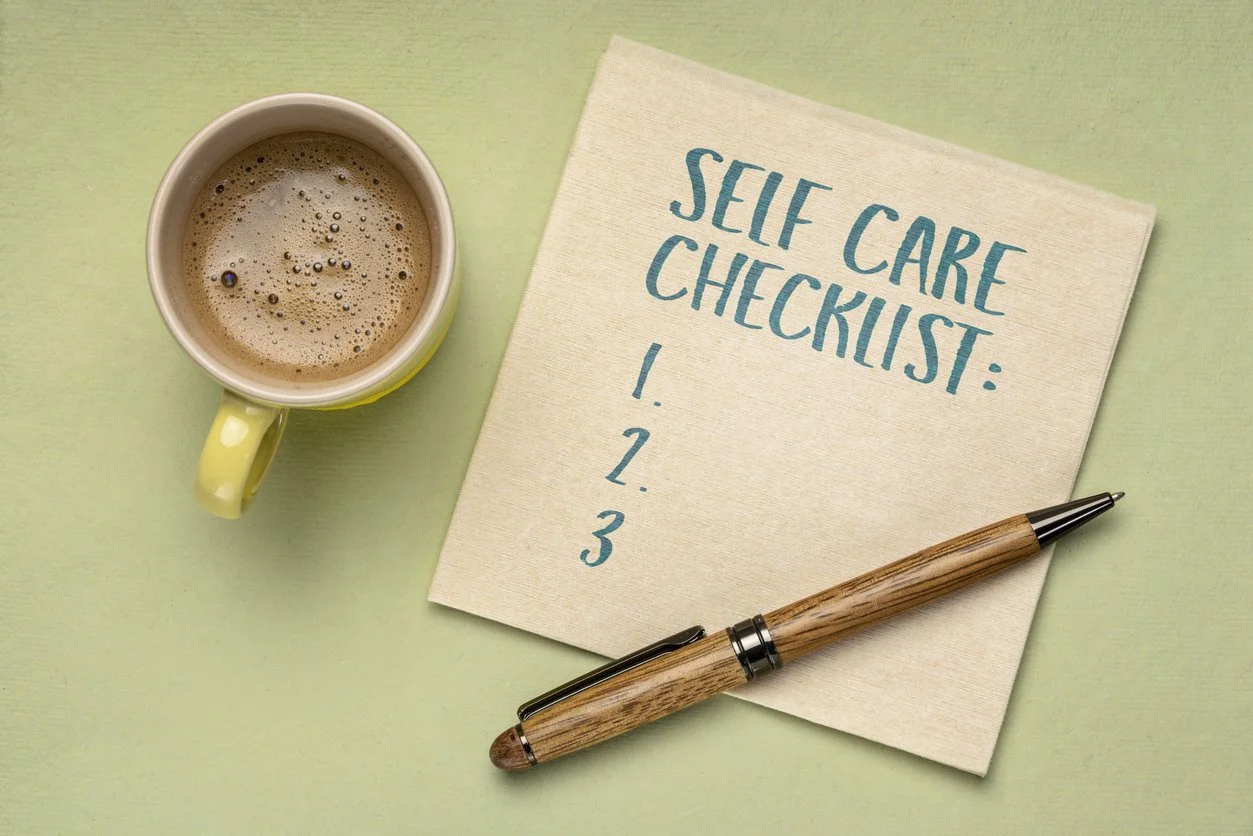5 Tips for Improving Self-Care in 2023
Self-care refers to the actions that individuals take to take care of their own physical, mental, and emotional well-being. Self-care can include a wide range of activities such as exercising, eating a healthy diet, getting enough sleep, practicing stress management techniques, and seeking support from friends and family. The goal of self-care is to maintain and improve overall health and well-being. It is important for individuals to prioritize self-care in order to maintain physical, mental, and emotional health.
Here are a few tips for getting better at self-care in 2021:
Identify your self-care needs: The first step to improving self-care is to identify what you need to take care of yourself. This can include physical needs, such as getting enough sleep and exercise, as well as emotional and mental needs, such as practicing stress management techniques and seeking support from friends and family.
Make self-care a priority: Once you have identified your self-care needs, it's important to make self-care a priority. This means setting aside time for self-care activities and making them a regular part of your routine.
Experiment with different self-care activities: There are many different self-care activities that you can try. Experiment with different activities to see what works best for you. Some ideas include exercising, getting a massage, practicing relaxation techniques, or spending time with loved ones.
Seek support when needed: Self-care is not always easy, and sometimes it can be helpful to seek support from friends, family, or a mental health professional. Don't be afraid to ask for help when you need it.
Don't be too hard on yourself: It's important to be kind to yourself when it comes to self-care. Don't feel guilty for taking time to care for yourself, and don't be too hard on yourself if you have a hard time sticking to a self-care routine.
When we engage in self-care activities, our brains and bodies respond in a number of ways. Here are a few examples of how self-care can impact our brains:
Reduces stress: Self-care activities such as exercise, meditation, and spending time with loved ones have been shown to reduce stress and improve mood. When we feel stressed, our brains release the stress hormone cortisol, which can have negative impacts on our mental and physical health. By reducing stress through self-care, we can lower cortisol levels and improve overall well-being.
Increases feelings of happiness: Self-care activities that bring us joy and pleasure, such as hobbies and spending time with loved ones, can increase the release of feel-good chemicals in the brain such as serotonin and dopamine. These chemicals help to improve mood and overall well-being.
Supports brain function: Self-care activities that challenge the brain, such as puzzles and learning a new skill, can help to support brain function and cognitive health.
Promotes rest and relaxation: Self-care activities such as sleep, relaxation techniques, and massage can help to promote rest and relaxation, which is important for overall brain health.
By engaging in self-care activities, we can support brain health and overall well-being. It's important to prioritize self-care in order to maintain physical, mental, and emotional health.
